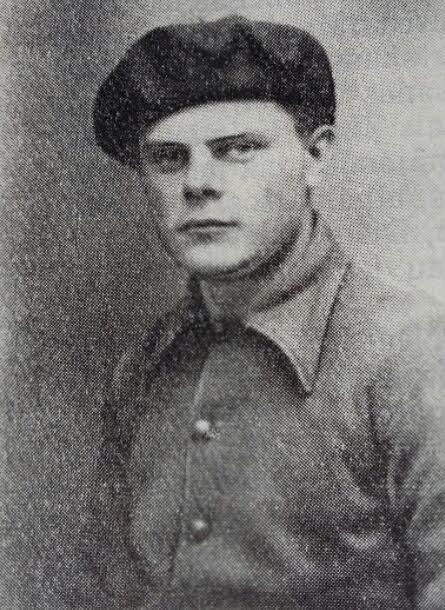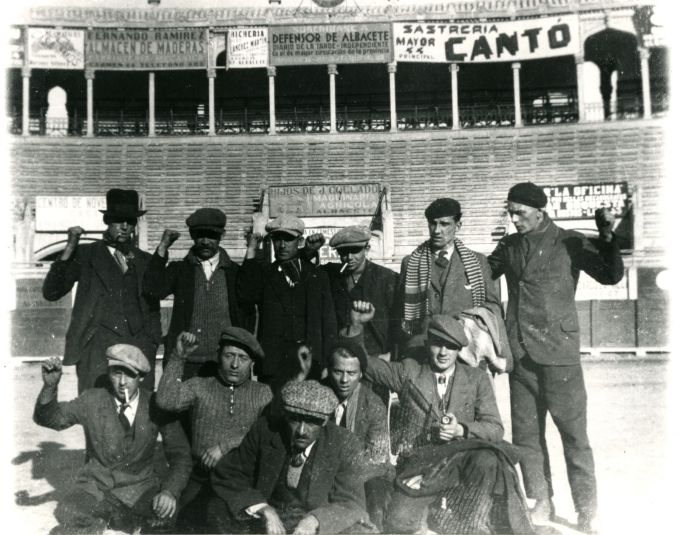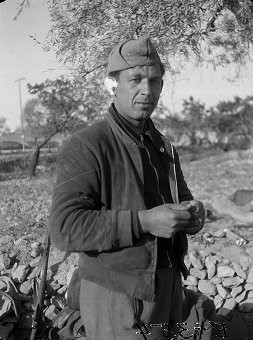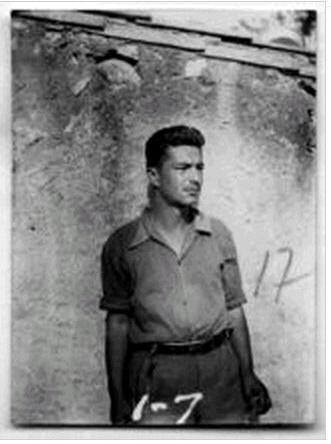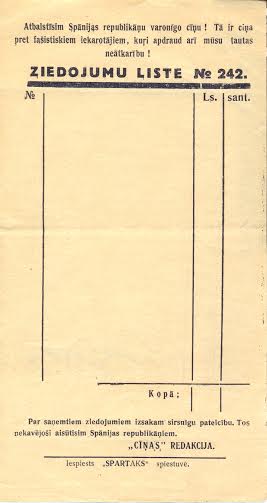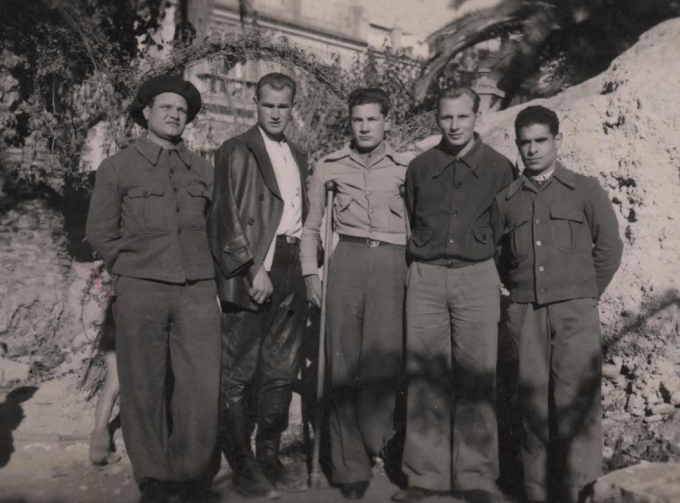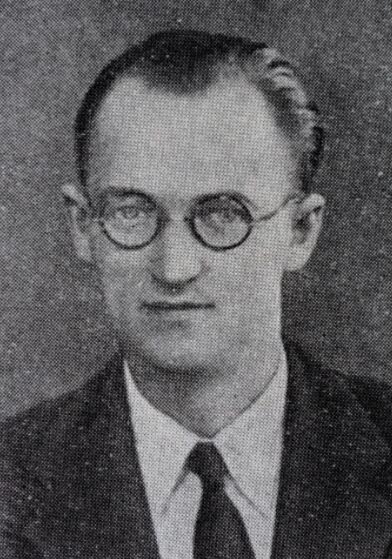
- Born in Poland, 1905.
- Day labourer in Riga
- Degree on economic studies in London.
- Arrived in Spain in October, 1936. Came with the first British volunteers
- Commander of the Thaelmann Battalion. Since December 15,1936
- Killed in action on December 20, 1936 in Boadilla
- One of the first Latvians killed in action
Between December 1936 and January 1937, Franco’s army launched a second major operation in order to capture Madrid. Unlike the previous offensive, this was an ”enveloping operation”, the idea was to cut the communications between the capital and the Republican northern front in Guadarrama by capturing A Coruña Road (current A-6 road). The operation had three different phases, until January 7, 1937, when the rebel troops finally captured the villages which enclosed the route of this road. In this important battle was killed Jūlijs Jenšs, a Latvian who commanded the Thälmann Battalion. Continue reading

